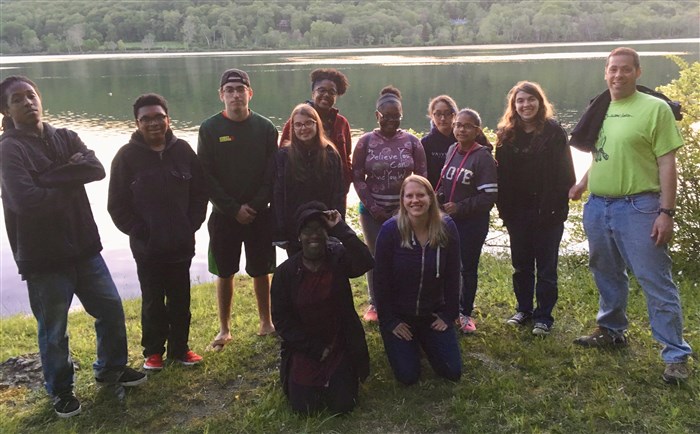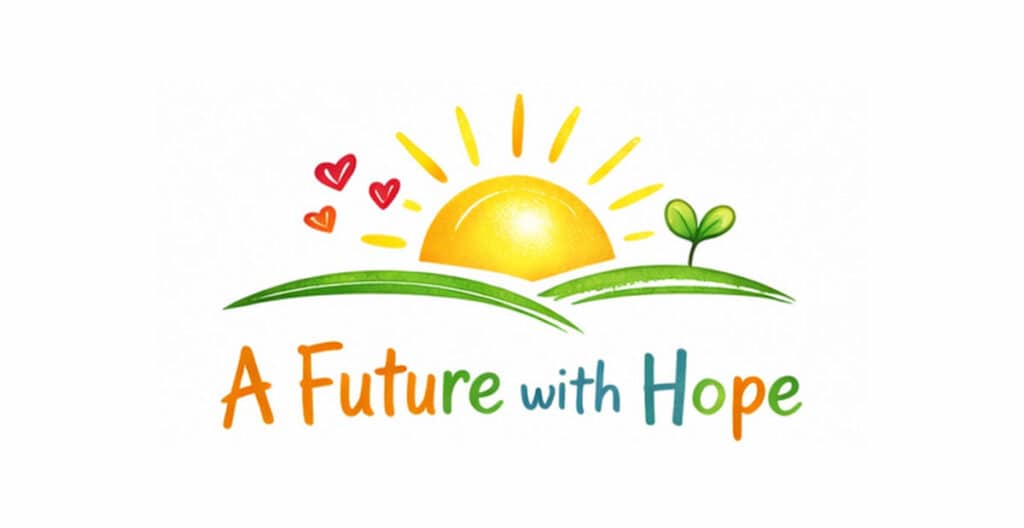Empowering Youth in Environmental Justice

A new and engaged community was formed at the 4th Annual Environmental Justice For All! Retreat, which took place at United Church of Christ’s Silver Lake Conference Center in Connecticut this past weekend. A signature program of the UCC Northeast Environmental Justice Center, this Retreat marked a new chapter for the program.
This year the retreat was open to all high-school youth regardless of race or ethnic identity. For the first three years, the retreat offered an extravagant welcome exclusively to youth from communities of color, in recognition of the fact that communities of color (and low-income communities) bear a disproportionate burden from industry and government decisions regarding policy that, intentionally or not, negatively impacts access to clean air and water.
 The retreat curriculum provided a narrative arc that started with creating a foundation of safe space together on Friday night so that we were ready to dig in to the difficult environmental and public health issues through the lens of environmental racism. The curriculum was rooted in our Christian faith tradition and shared values of gratitude for the gift of creation and the responsibility and privilege of our call to be stewards of creation. We experienced awe and peace in the outdoors, in the woods at low ropes, in the garden, with worship at the waterfall chapel and at the waterfront at sunset, and enjoyed s’mores and fellowship at the campfire. We learned about our own complicity in environmental racism issues and participated in working together on solutions, and we committed to support each other in this continued work beyond the retreat.
The retreat curriculum provided a narrative arc that started with creating a foundation of safe space together on Friday night so that we were ready to dig in to the difficult environmental and public health issues through the lens of environmental racism. The curriculum was rooted in our Christian faith tradition and shared values of gratitude for the gift of creation and the responsibility and privilege of our call to be stewards of creation. We experienced awe and peace in the outdoors, in the woods at low ropes, in the garden, with worship at the waterfall chapel and at the waterfront at sunset, and enjoyed s’mores and fellowship at the campfire. We learned about our own complicity in environmental racism issues and participated in working together on solutions, and we committed to support each other in this continued work beyond the retreat.
Some participants were surprised to learn that asthma and cancer rates affect some communities more than others based on income and race or ethnic identity. The issues were made relevant with connections to current events, such as the ongoing Flint, Michigan water crisis, the devastation caused by fracking and the current legislation that would ban fracking waste in Connecticut, and the fight for clean water and Native sovereignty in the Standing Rock Sioux tribe’s fight against Dakota Access Pipeline as well as other pipeline struggles across the country.
 Keyairra Wright reflected on her four years of serving as a counselor for the retreat, and said “Each time we meet, the youth are increasingly more aware of the environmental injustices that face them. They can see and have witnessed the intersectionality of injustice faced by marginalized members of our community, more information is mainstream, and there are more resources to learn from.”
Keyairra Wright reflected on her four years of serving as a counselor for the retreat, and said “Each time we meet, the youth are increasingly more aware of the environmental injustices that face them. They can see and have witnessed the intersectionality of injustice faced by marginalized members of our community, more information is mainstream, and there are more resources to learn from.”
The retreat explored what a Shalom-filled world would look like, based on Zechariah 8. We envisioned what Shalom would look like in our communities – safe streets and clean environment, access to affordable health care and nutritious food, and engagement in community life.
The group spent time reflecting on their own gifts, and learning about how others have stepped up to solve local and global environmental injustices. They learned about the various ways one can engage in social change, from hands-on help (such as neighborhood clean up after a major weather event, or helping to grow food for those in need) and spiritual development to democratic engagement (such as protests and involvement in local, state and federal government) and civil disobedience.
“You won’t be hearing ‘religion and politics don’t mix’ from this group of young people,” said chaperone Brian Lapis. “Over the course of the weekend, they earnestly discerned that people of faith, inspired to ‘loose the yoke of injustice’ (Isaiah 58), must be in touch with their legislators local and beyond.”
 At the end of the weekend, each participant committed to a specific action that each of us would take as a way to be responsible and act on our newfound knowledge. One participant reflected that publicly making their commitments to the group would “keep us honest with promises to implement what we learned in our everyday lives.”
At the end of the weekend, each participant committed to a specific action that each of us would take as a way to be responsible and act on our newfound knowledge. One participant reflected that publicly making their commitments to the group would “keep us honest with promises to implement what we learned in our everyday lives.”
“Never underestimate the capacity of teenagers to grasp and embrace the heady topics of environmental justice. There was A LOT of information for these young people to process, and they stuck with it. And it stuck with them! They each took what they learned and created ‘doable’ individual action plans,” Lapis said.
In an evaluation, one retreat participant said, “It was empowering to see all the things that I can do to change our society.”
Pam Arifian is the Director of the United Church of Christ Northeast Environmental Justice Center. To learn more about the work of the center, visit www.ctucc.org/ejc.
Related News
The 2026 Climate Hope Art Contest
Last year's winning artwork register your church For the fourth straight year, we...
Read MoreGrowing Weary
In December 1964 during a speech in Harlem, Fannie Lou Hamer declared: “And you can always...
Read MoreOur Moral Center
“We've got about 350,000 people who are dying prematurely from the burning of fossil fuels...
Read More


